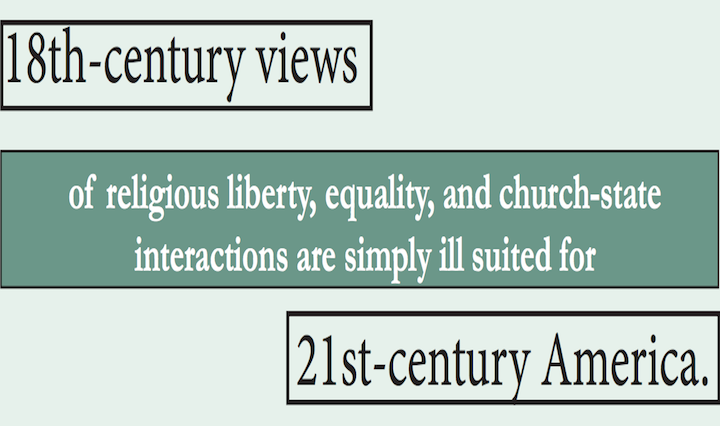The Use of History in Religion Clause Cases and Constitutional Interpretation
Abstract
History is perhaps one of the most widely used tools in cases dealing with the religion clauses of the First Amendment, but should it be used as a definitive factor in answering constitutional questions? In this paper I argue that history should not be used for constitutional interpretation because of its contradictory nature, using Mark Hall and Steven Green’s analysis the use of history in religion clause cases. I first briefly examine the complicated history behind the religion clauses of the First Amendment, focusing first on Thomas Jefferson and James Madison’s interpretation, and then broadening the scope to the First Congress. Next, I examine key religion clause cases and the flawed application of history used. I then question the broader use of originalism and intent-based interpretation in religion clause cases. Finally, I examine several case studies, first analyzed by Green and Hall, that show why history should not be used as justification in religion clause decisions. I conclude this paper by asserting that the use of history in religion clause cases is inherently flawed.
Downloads
Published
2018-01-06
How to Cite
Molee, N. (2018). The Use of History in Religion Clause Cases and Constitutional Interpretation. Colloquium: The Political Science Journal of Boston College, 2(1). Retrieved from https://ejournals.bc.edu/index.php/colloquium/article/view/10243
Issue
Section
Articles
License
Copyright (c) 2017 Nicole Molee

This work is licensed under a Creative Commons Attribution 4.0 International License.
Please follow the link for further Copyright and License Information.

